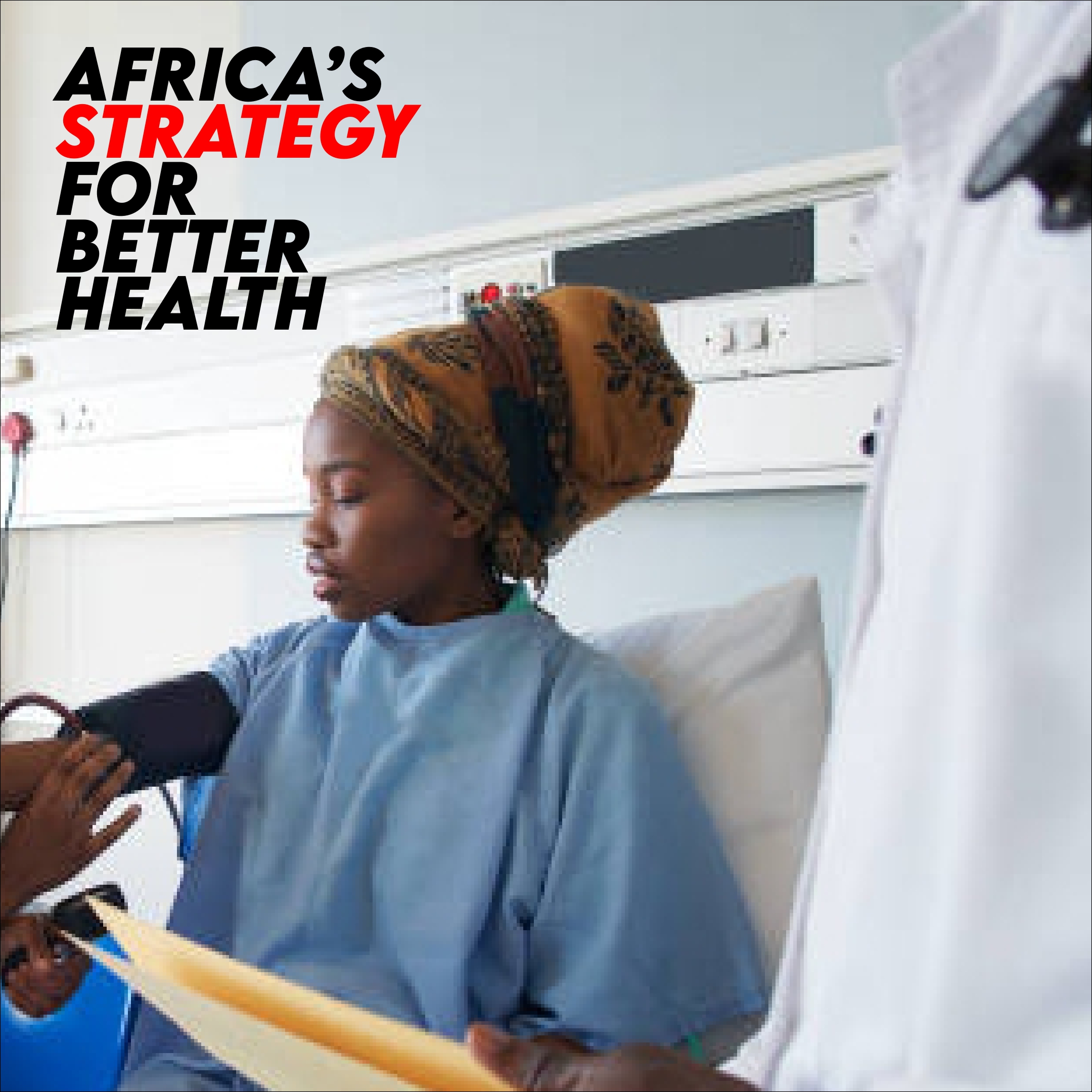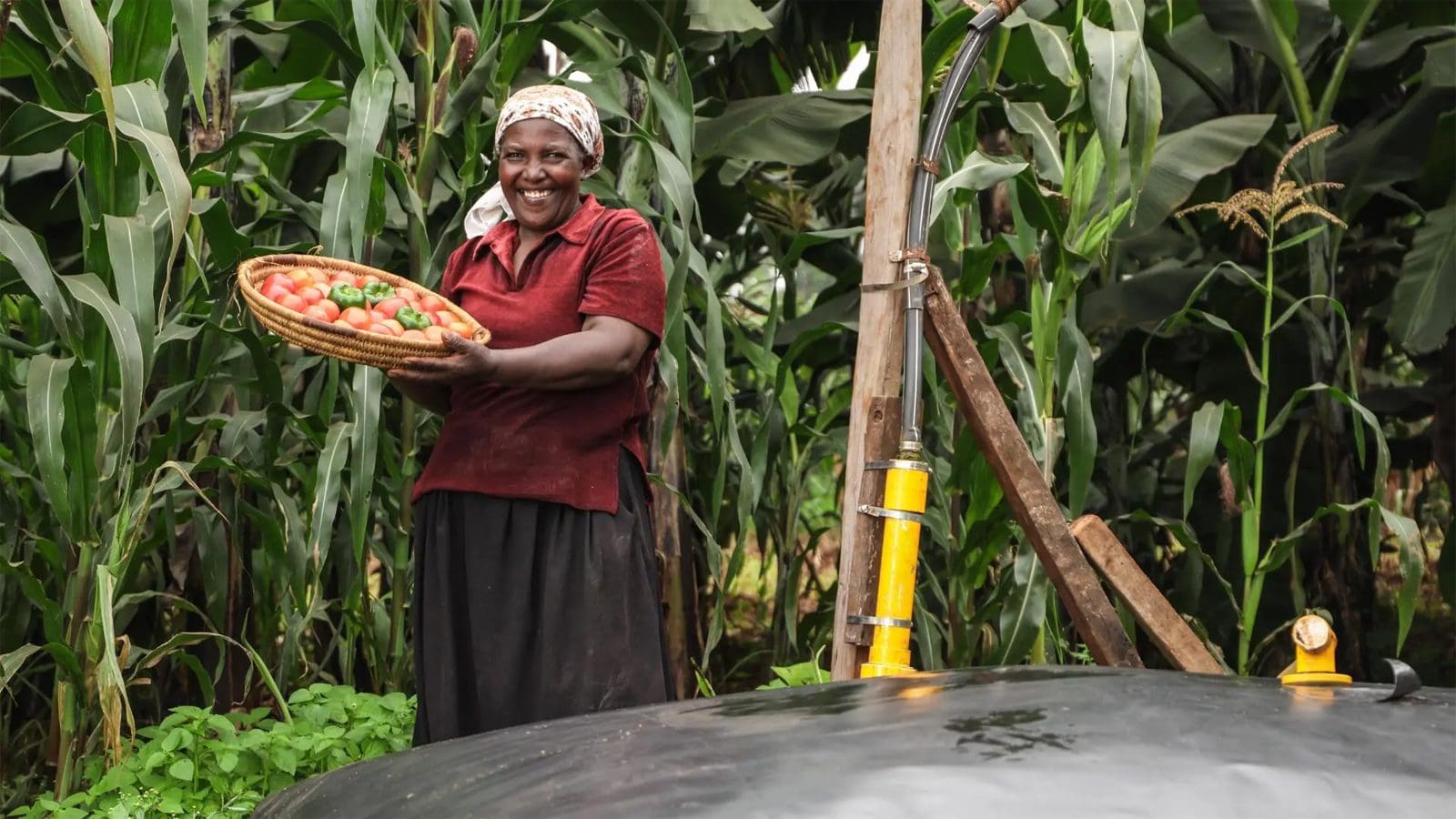Introduction
Africa Health Sovereignty represents a bold and forward-looking vision for the continent’s health future. At CPHIA 2025 in Durban, experts emphasized practical strategies to achieve universal health coverage and robust health security. The conference underscored the importance of local manufacturing, primary health-care investment, sustainable financing, and digital innovation. African nations were encouraged to embrace self-reliance, empower youth, and strengthen regional collaboration to build resilient health systems. This article explores eight transformative strategies that demonstrate how Africa can lead in global health, ensuring equitable access, innovation, and sustainability for all its citizens.
Africa Health Sovereignty and Local Manufacturing Expansion
Africa Health Sovereignty begins with expanding local production of vaccines, medicines, and medical devices. CPHIA 2025 highlighted successful initiatives in countries like South Africa and Senegal, where vaccine production has increased substantially. Local manufacturing reduces reliance on imports, ensures timely availability of essential supplies, and strengthens supply chains. Additionally, it fosters job creation, skills development, and economic growth. By investing in local manufacturing, African nations can improve health security and demonstrate autonomy in responding to public health emergencies.
Africa Health Sovereignty and Strengthening Primary Care Networks
Primary health care (PHC) is the foundation of Africa Health Sovereignty. CPHIA 2025 stressed the need to improve accessibility, quality, and coverage, especially in rural and underserved communities. Investments in community clinics, mobile health units, and training for healthcare workers enhance service delivery. Strengthening PHC reduces hospital congestion, improves preventive care, and promotes equitable access. By prioritizing primary care, African nations can ensure that all citizens, regardless of location or income, receive essential health services.
Africa Health Sovereignty and Innovative Health Financing Models
Sustainable financing is critical for Africa Health Sovereignty. Declining donor support requires countries to explore domestic solutions, such as health insurance schemes, public-private partnerships, and earmarked taxes. CPHIA 2025 emphasized the importance of transparent budgeting, efficient resource allocation, and strategic investment in high-impact interventions. Innovative financing enables nations to maintain self-reliance, fund essential programs, and achieve universal health coverage. Financial independence also empowers governments to respond flexibly to emerging health threats.
Africa Health Sovereignty and Pandemic Preparedness and Response
Africa Health Sovereignty depends on robust pandemic preparedness. CPHIA 2025 highlighted strategies to improve surveillance, early detection, stockpiles of medical supplies, and rapid response teams. Regional coordination ensures timely communication and resource sharing across borders. Integrating One Health approaches—linking human, animal, and environmental health—strengthens resilience against future outbreaks. Preparedness measures minimize the impact of epidemics, protect vulnerable populations, and safeguard essential services, reinforcing Africa’s autonomy in managing health crises.
Africa Health Sovereignty and Digital Health Technologies
Digital health solutions enhance Africa Health Sovereignty by improving service delivery, data collection, and patient engagement. Mobile applications, telemedicine platforms, and electronic health records increase efficiency and accessibility. CPHIA 2025 highlighted youth-led innovations that provide real-time monitoring, remote consultations, and health literacy tools. Digital technologies also enable governments to analyze trends, optimize resources, and make evidence-based decisions. By integrating technology, Africa can modernize its health systems and ensure resilience against future challenges.
Africa Health Sovereignty and Youth Leadership Development
Youth play a pivotal role in Africa Health Sovereignty. CPHIA 2025 showcased programs that empower young leaders to innovate, advocate, and implement health solutions. Mentorship, skills training, and entrepreneurship opportunities prepare the next generation to lead healthcare innovation. Engaging youth ensures continuity in policy implementation, fosters creativity, and strengthens community outreach. By empowering young leaders, African nations can build a sustainable pipeline of health professionals and innovators who drive long-term progress.
Africa Health Sovereignty and Regional Collaboration and Trade
Regional cooperation strengthens Africa Health Sovereignty by promoting shared resources, knowledge exchange, and coordinated policies. CPHIA 2025 emphasized harmonizing regulations, pooling medical supplies, and leveraging continental institutions like the African CDC. Trade in medical goods, joint research initiatives, and cross-border workforce collaboration enhance efficiency and reduce costs. By working collectively, African nations can overcome resource limitations and build resilient health systems capable of addressing both local and regional challenges.
Africa Health Sovereignty and Measuring Sustainable Outcomes
Measuring progress is essential for Africa Health Sovereignty. CPHIA 2025 highlighted metrics such as coverage rates, service quality, workforce capacity, and health outcomes to track effectiveness. Continuous monitoring allows governments to refine strategies, allocate resources efficiently, and ensure accountability. Transparent evaluation fosters public trust and supports evidence-based policymaking. By embedding measurement systems, African nations can sustain long-term improvements and demonstrate the tangible impact of sovereignty-driven health initiatives.
FAQs
What is Africa Health Sovereignty about?
It is about building self-reliant, resilient, and sustainable health systems across Africa.
How does Africa Health Sovereignty benefit citizens?
It ensures equitable access to health services, strengthens local capacity, and improves outcomes.
Can Africa Health Sovereignty guide future policies?
Yes, it provides a roadmap for sustainable health strategies and regional collaboration.
Conclusion
Africa Health Sovereignty is a transformative vision for the continent’s health future. By implementing strategies in local manufacturing, primary care, financing, pandemic preparedness, digital innovation, youth empowerment, regional collaboration, and measurement, African nations can achieve universal health coverage and robust health security. CPHIA 2025 highlighted actionable steps that empower Africa to lead globally, ensuring equitable, resilient, and sustainable health systems for all citizens.




